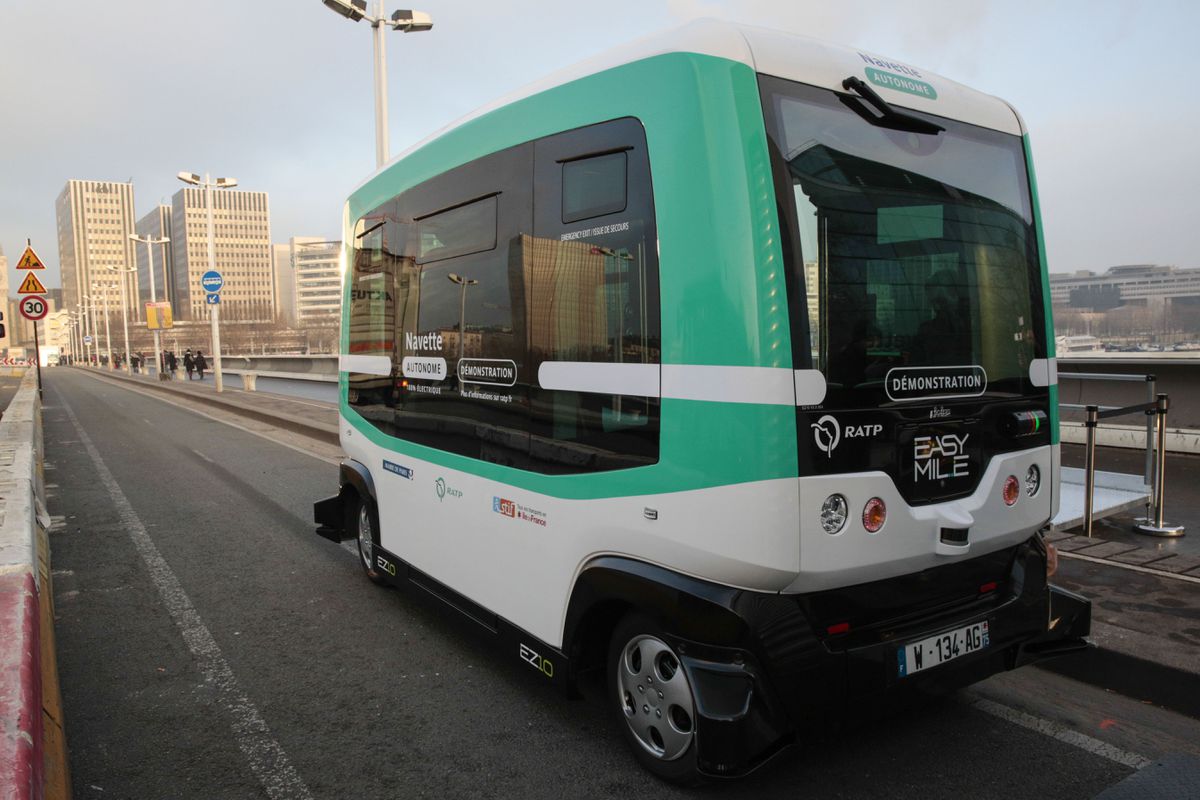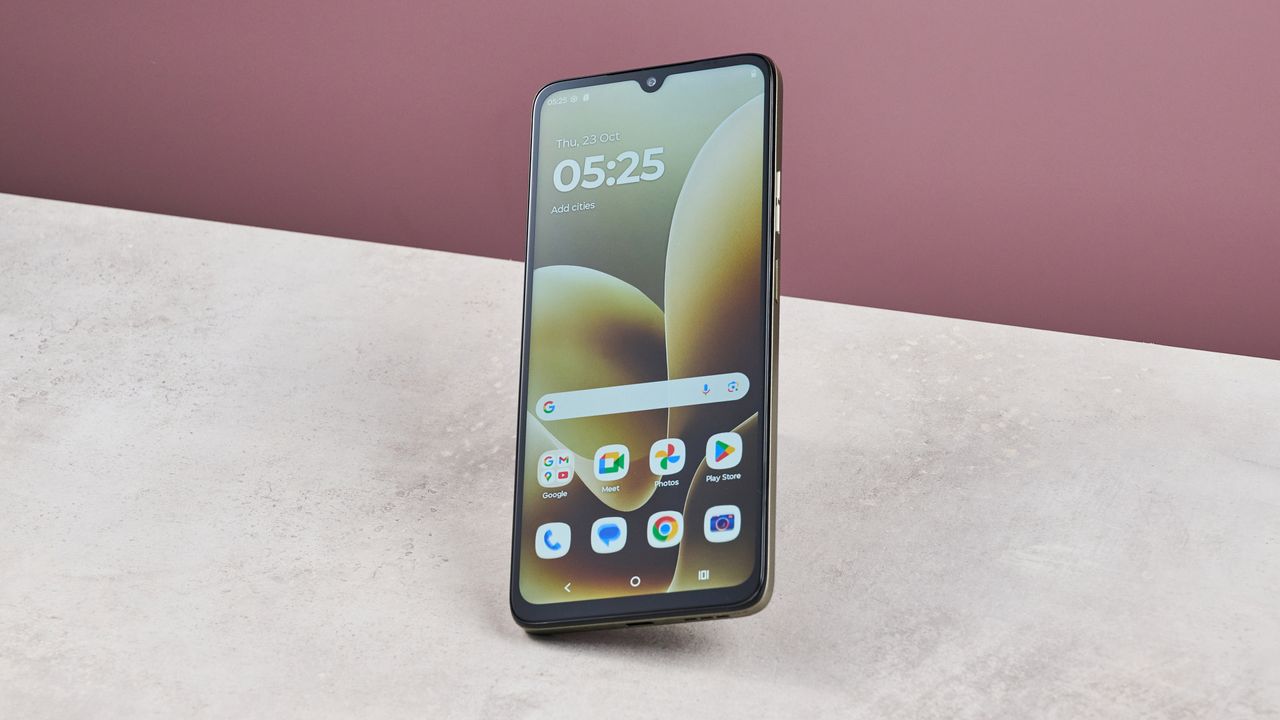
Artificial Intelligence is really going to be the focus of technology over the next few years. In some cases, it already is. Right now we are seeing people building technology in order to make something better. Take driving for example – autonomous vehicles are being developed so we don’t have to drive quite as much. While that might be the focus right now, the future focus is going to be around how to deal with all this technology in everyday life. For example, now that we have technology that makes autonomous vehicles possible, how do we protect jobs? In the future, it’s entirely possible that artificial intelligence will take the place of some jobs, but that doesn’t mean jobs won’t be available. They will be different, for sure.
As a result of the possibility of robots taking our jobs, unions are starting to think about what this could mean for their members. In fact, the largest servers workers union in Las Vegas organized a strike last year over the notion that casinos were thinking about implementing some automated systems. In this particular case, the union won and language has now been added to the contract that include protections against automation. I don’t know if I think of this as a win. As someone who is pro-technology I see the benefits of automation. But I also see the human element of this as well. I do wonder, if more change needs to take place in order to get people used to the fact that maybe they won’t be driving the car any more, but perhaps they will be working in a place where they are helping the car out?
As a result of this particular win in Las Vegas, the Transportation Trades Department (TTD), which is the umbrella of unions representing transit workers inside the largest federation of unions in the United States, has released a policy statement outlining their own plans to manage the “threat” that automation poses in their workforce. Again – I can see that people might not be doing the jobs that they’re doing now, but I don’t think that automation is going to replace all jobs.
TTD is calling this a “threat”, and I’m not convinced that it is, so I am using quotation marks around it. Their statement outlines the scope by noting that “in the commercial driving sector alone, reports suggest that between 700,000 and 1.7 million workers — including approximately 300,000 in transit operations and maintenance — may lose their jobs or have their jobs fundamentally changed by automation, with other estimates closer to 3 million.” The document itself seems to give the impression that this is very urgent:
We do know that automated shuttles, micro-transit, and ride-hailing pilot projects are already on the ground in a growing number of American cities and more of these deployments are on the way. We also know that Congress and the Administration are setting policies and regulatory frameworks designed to facilitate the further deployment of AVs and it is imperative that workforce impacts and mitigation strategies are considered and addressed in these debates. Good union jobs in the transit sector cannot be jettisoned or ignored simply to satisfy the demands of tech companies or Wall Street investors.
The document itself is quite interesting, but I think that we are going to see unions who take stances like this are going to be seen as anti-technology. And they shouldn’t be. Yes, they need to protect their workers, but maybe their workers can go onto other jobs? Maybe “we” need to start thinking about how to retrain folks who are doing these jobs in order to ensure that they will be able to do other jobs in the future. The other big piece to all of this is understanding how society will coexist with autonomous systems in the future. Neither of which seems entirely unreasonable.



